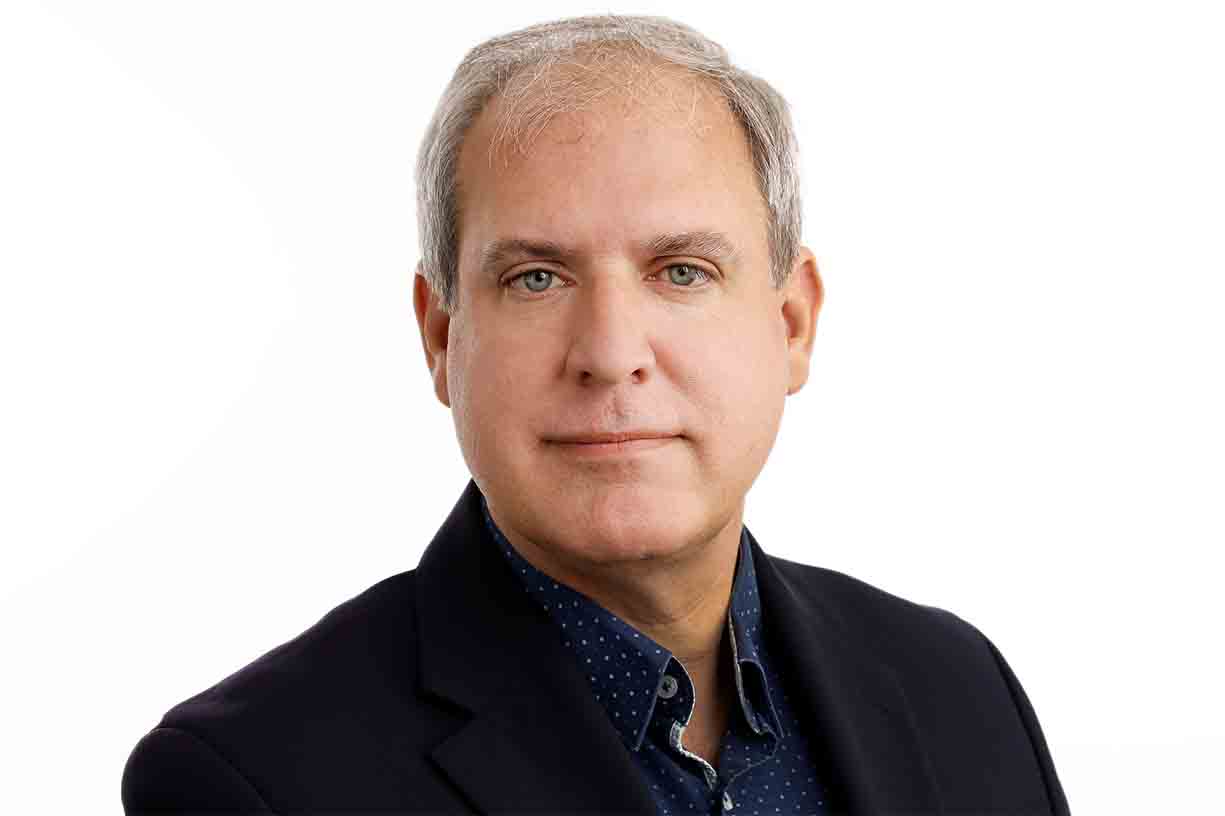 The Mujahedeen-e-Khalq was once an Islamic-Marxist revolutionary group in Iran and later an ally of Saddam Hussein in Iraq. The U.S. and Canada listed it as a terrorist entity until 2012. Now, it is a cult-like organization.
The Mujahedeen-e-Khalq was once an Islamic-Marxist revolutionary group in Iran and later an ally of Saddam Hussein in Iraq. The U.S. and Canada listed it as a terrorist entity until 2012. Now, it is a cult-like organization.
And last year, seven Canadian MPs travelled to Albania to attend one of its events, paid for by a Canadian MEK organization, the Iran Democratic Association.
The MPs, from three different parties, collectively accepted $27,975 for travel to an event called the Free Iran World Summit 2022, according to the list of sponsored travel released last week. In a strange twist, the conference didn’t actually take place. The summit was cancelled at the last minute after guests arrived, because of security concerns, but meetings were organized for politicians at another location.
Still, something disturbing happened here. Canadian politicians accepted free trips the MEK offers to whitewash itself as a credible voice for democratic resistance to the Iranian government. But the MEK is not that.
The MEK does go out of its way to court politicians, and trumpets their participation. Politicians who travel to their Free Iran summits are not helping to free Iran.
“We should be worried because the MEK is a cult,” said University of Ottawa professor Thomas Juneau, a Middle East specialist and former analyst with the Department of National Defence. “It is thuggish, it is not democratic at all, it is not an alternative to the current government in Iran,” he said. “It has no legitimacy at all inside Iran.”
The sums these MPs accepted for a trip to Europe were not very large by the standards of MP junkets, which often pay for MPs to go to Israel or Taiwan. Several of the MPs claimed a very low $280 for five days accommodation.
But you have to wonder if MPs would have gone if the cost came from their budget, or pocket.
MPs aren’t allowed to accept other gifts. There is no reason they should be allowed to accept free travel.
The seven MPs who attended include Liberal MP Judy Sgro, Bloc Québécois MP Alexis Brunelle-Duceppe, and five Conservatives: Michael Cooper, Kerry-Lynne Findlay, Dan Muys, Lianne Rood and Melissa Lantsman, now one of the party’s deputy leaders.
None of them returned messages left on Friday, or in the case of Mr. Cooper, on Sunday, except for Ms. Lantsman’s office, which e-mailed a comment: “She has been an advocate of a free Iran and believes only the people of Iran will choose its own future. She has also met with other groups fighting for the cause of a free Iran.”
Perhaps politicians don’t know that the MEK is not a credible advocate for a democratic Iran. Some in the U.S. seem to embrace its vocal opposition to the Iranian government, and figure the enemy of their enemy is their friend. And some U.S. politicians are believed to have accepted large speaking fees.
“The only way I can explain why there are American politicians who support the [MEK] is ‘Follow the money,’” said Ervand Abrahamian, professor of Middle East history and politics at the City University of New York, and author of a 1992 book about the MEK, Radical Islam: The Iranian Mojahedin.
In the 1970s, he said, they were Islamic Marxists known simply as the Mujahedeen who fought for the overthrow of the Shah. Later, the Islamic government cracked down on the MEK, which assassinated a number of Iranian government leaders. In the 1980s, the MEK moved to Iraq, and fought alongside Saddam Hussein’s forces in the Iran-Iraq war. That earned them hate inside Iran, Mr. Abrahamian said.
“Even people who hate the Islamic Republic hate the Mujahedeen even more,” he said.
After Saddam Hussein fell, the new Iraqi government wanted them out, and the U.S. delisted the group as a terrorist organization before it was relocated to Albania.
Along the way, Mr. Abrahamian said, the MEK gave up ideology and became a cult-like organization, centred around leader Massoud Rajavi and now his presumed widow, Maryam Rajavi – although her husband is believed to have been dead for roughly 20 years but that has never been confirmed.
In 2009, the RAND Corporation, in a report commissioned by a U.S. government research institute, reported the MEK used cult-like practices “such as authoritarian control, confiscation of assets, sexual control (including mandatory divorce and celibacy), emotional isolation, forced labour, sleep deprivation, physical abuse, and limited exit options.”
The MEK, in short, is not the hope for a new Iran. Western politicians who associate with it will at best alarm real Iranian reformers. Its events don’t advance the cause of a Free Iran. And Canadian politicians shouldn’t jet off to them – even if the trip is free.
By Campbell Clark
(The views expressed in this article are the author's own and do not necessarily reflect those of Habilian)
